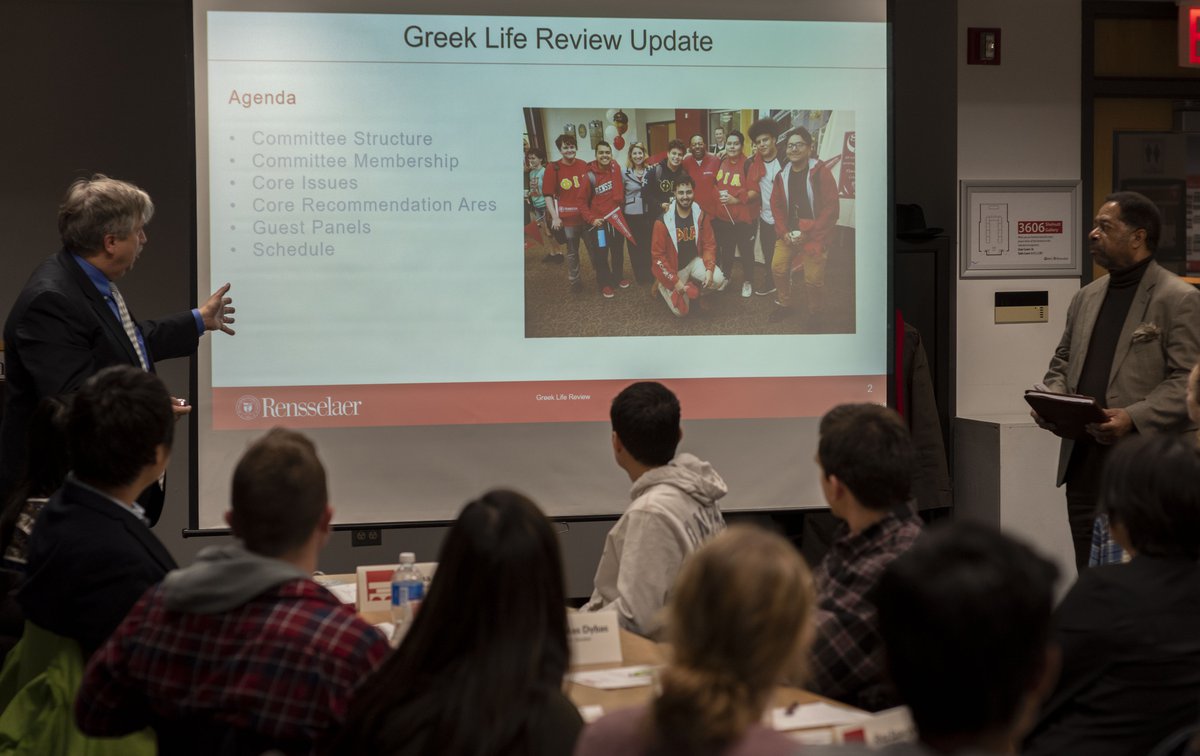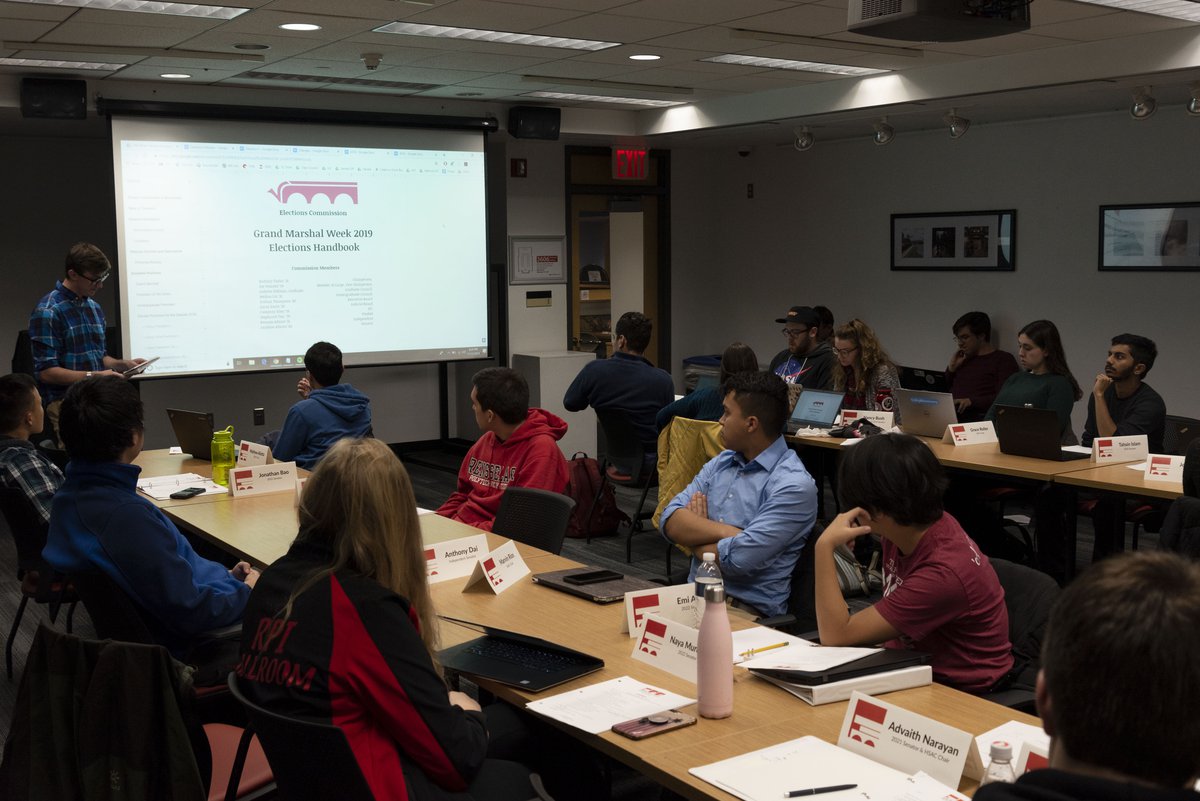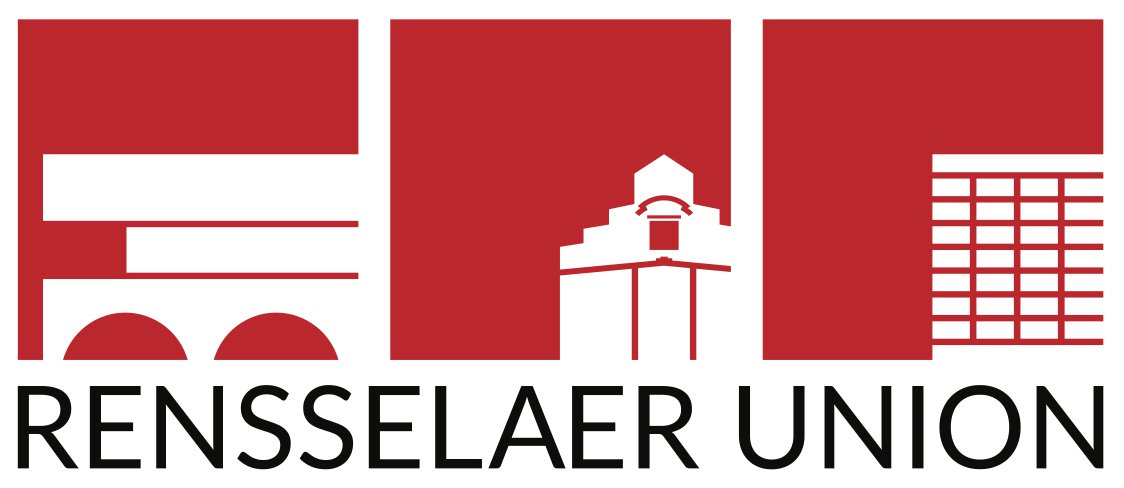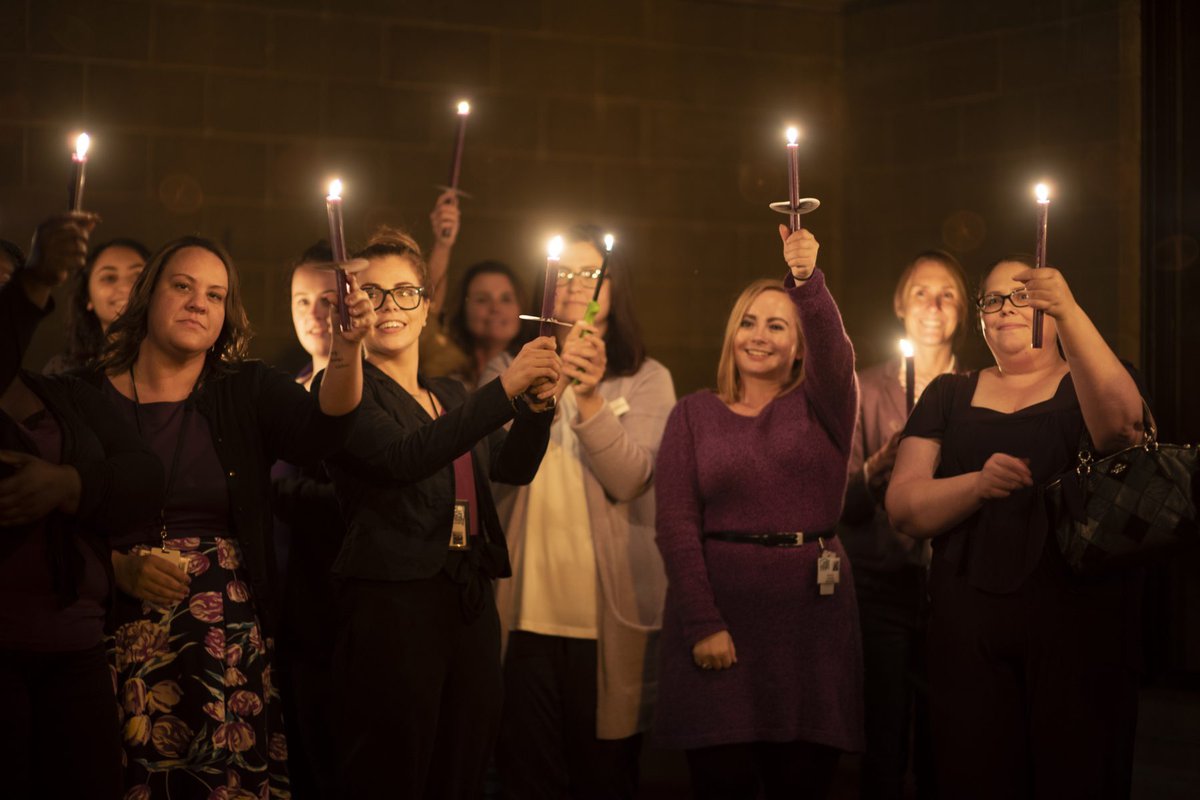Strong suspends Greek recruitment until further notice
On June 8, President Shirley Ann Jackson emailed the Rensselaer community announcing the appointment of a Greek Life Task Force, led by Interim Vice President for Student Life Le Norman Strong. According to Strong, its purpose is to assess issues within the system and “to work with the community to identify what is necessary to enact a long-term, sustainable, and comprehensive culture change to preserve the positive aspects of the Greek system.”
Since then, there have been two more emails detailing the task force’s objectives as well as the announcement of a “system-wide pause on all social events with alcohol, the removal of alcohol and other drugs from chapter houses and activities, and a pause during the fall semester on new member recruitment, rush, and or intake.”
The initial email sent by Jackson cited the suspension of Greek life on other campuses due to “incidents related to alcohol abuse, illegal drug use, hazing, sexual misconduct, sexual assault, and acts of racial discrimination and bigotry.” She said that the Rensselaer Greek community has had similar issues and that “this is antithetical to [Rensselaer’s] commitment to the health, safety and wellbeing of our community members.”
Following his appointment, Strong emailed the community on June 20 and shared that he had met with “members of the Alumni Inter-Greek Council and Greek chapter advisers” to share and discuss important statistics regarding “incidents of alcohol abuse, illegal drug use, hazing, sexual misconduct, sexual assault, and acts of racial discrimination and bigotry.” He also detailed a meeting with Greek life student leaders including the presidents of the Panhellenic Council, the Interfraternity Council, and various Greek chapters where they discussed judicial cases and the “disturbing trends of behaviors occurring in our Greek Life system.”
The following day, Grand Marshal Stefanie Warner ’19 and President of the Union Justin Etzine ’19 responded to the new restrictions via an email to the student body announcing their “support for promoting responsible conduct by each student and within all student organizations,” while condemning “this comprehensive attack on our Greek Life program.” Their main concern was that such a ban would restrict incoming freshman from joining Greek life this year. This would inevitably lead to “irreparable financial harm to these organizations” which “volunteer over 17,000 combined hours of service to our community, and raise over $70,000 for various philanthropic causes.”
On June 26, Strong followed up on his first email after hearing from “numerous students, parents, alumni/ae, and friends of Rensselaer regarding the current state of Greek Life.” He shared that while many members of the Rensselaer community were enthusiastic about the opportunity to improve the Greek community, there were also many concerns regarding the effect that a campus-wide pause on rush events for the fall would have on Greek chapters. After hearing many “comprehensive suggestions for improving the Rensselaer Greek Life system” brought forth by the presidents of the Panhellenic Council and Interfraternity Council, Strong announced a modification on the original pause by allowing rush activities to be held after October 18 rather than a semester-long ban.
In addition to the modification of the initial pause, Strong laid out the new conditions which must be upheld during rush season. They mandate that any Greek chapter participating in rush events be in good standing with the school, “adhere to a checklist of requirements,” as well as added prerequisite training of Greek Life members who “will have any form of contact with students participating in rush.” He went on to add that any chapter found in violation of these conditions be suspended for two years. Strong was unable to be reached for further comment.

 Student Senate
Student Senate
 Student Senate
Student Senate
 Student Senate
Student Senate
 Activism
Activism